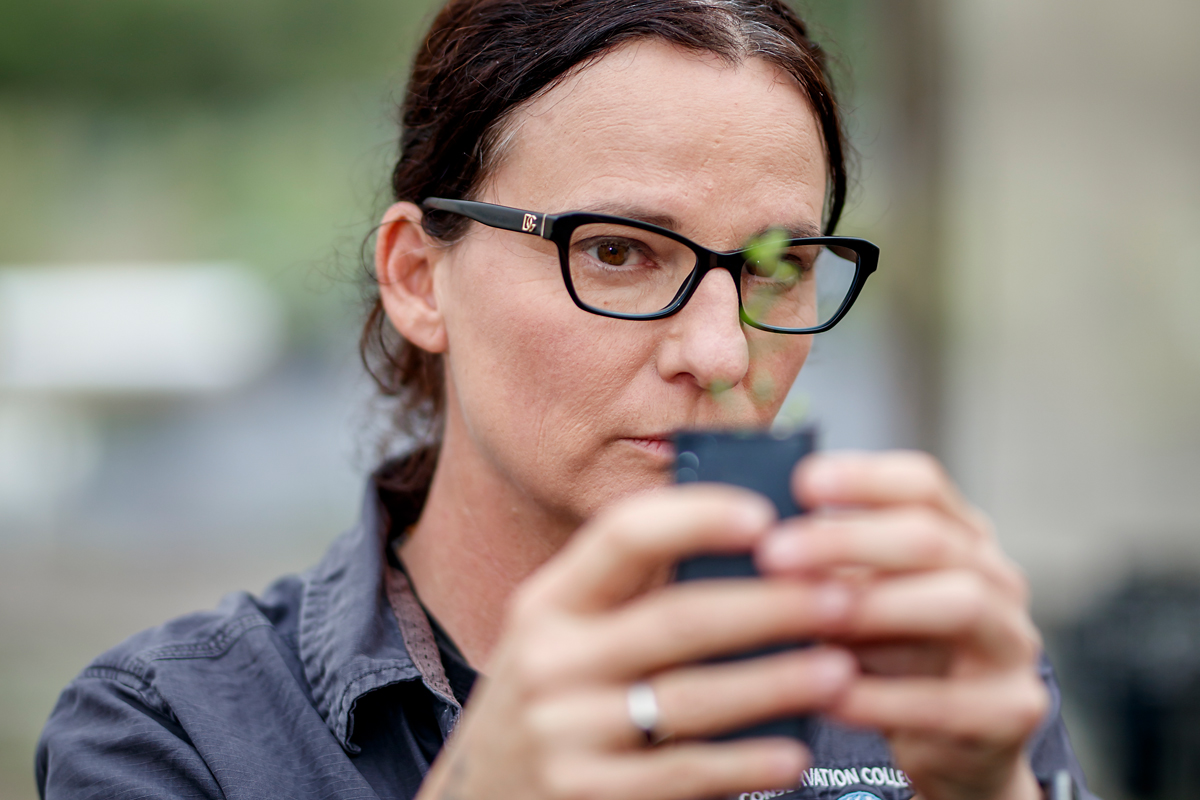
By Andrea Louise Thomas Photos Yanni
According to Kylie Robertson, Managing Director at Conservation Collective, an indigenous plant nursery in Somerville, it is possible to regenerate the local environment and mitigate biodiversity loss right from our own backyards. This is refreshingly optimistic considering that only 18% of the Peninsula’s native vegetation remains and much of that is highly degraded. Still, Kylie believes, with knowledge and effort, positive change is possible and the nursery has the plants to achieve it.
Truly unique in its biodiversity, the Mornington Peninsula needs protection to stop species endangerment, or worse, extinction. Now is the time to learn about indigenous species and start planting them so future generations can enjoy the Peninsula as it ought to be. Historically, the area would have been an unbridled natural paradise teeming with unique flora and fauna. Sadly, some species are now extinct, but the remainder needs support through weed control and sometimes revegetation.
Mornington Peninsula Shire has an excellent local native plant guide on their website that makes it easy to know what to grow in each unique region of the Peninsula. Choosing to grow indigenous plants regenerates regional biodiversity bringing all the right fauna, who in turn, do their part in nature’s cycle.
At Conservation Collective, Kylie and her crew not only work in bushland restoration and indigenous plant propagation, but they have started teaching workshops on it too. The property has a purpose-built classroom where staff share their extensive knowledge and tell stories of success having seen first-hand, the impacts of revegetation on conservation projects, hence, Kylie’s sense of optimism.
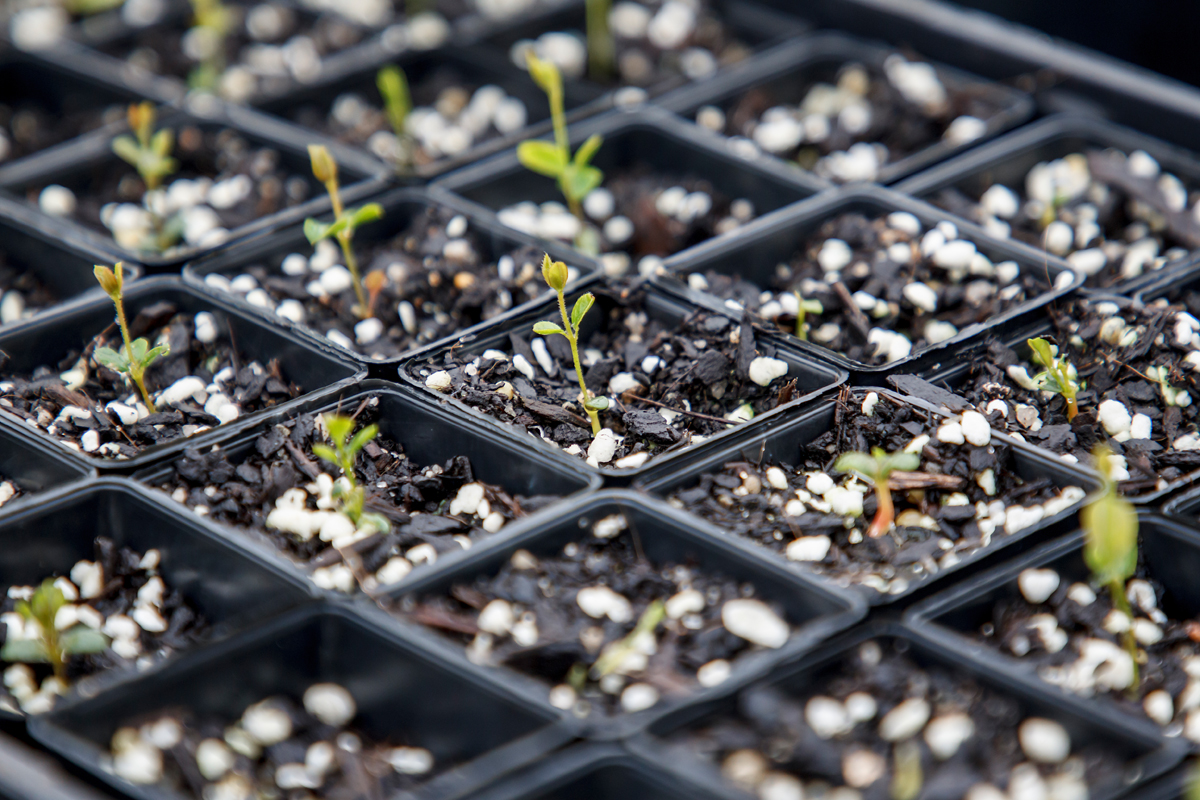
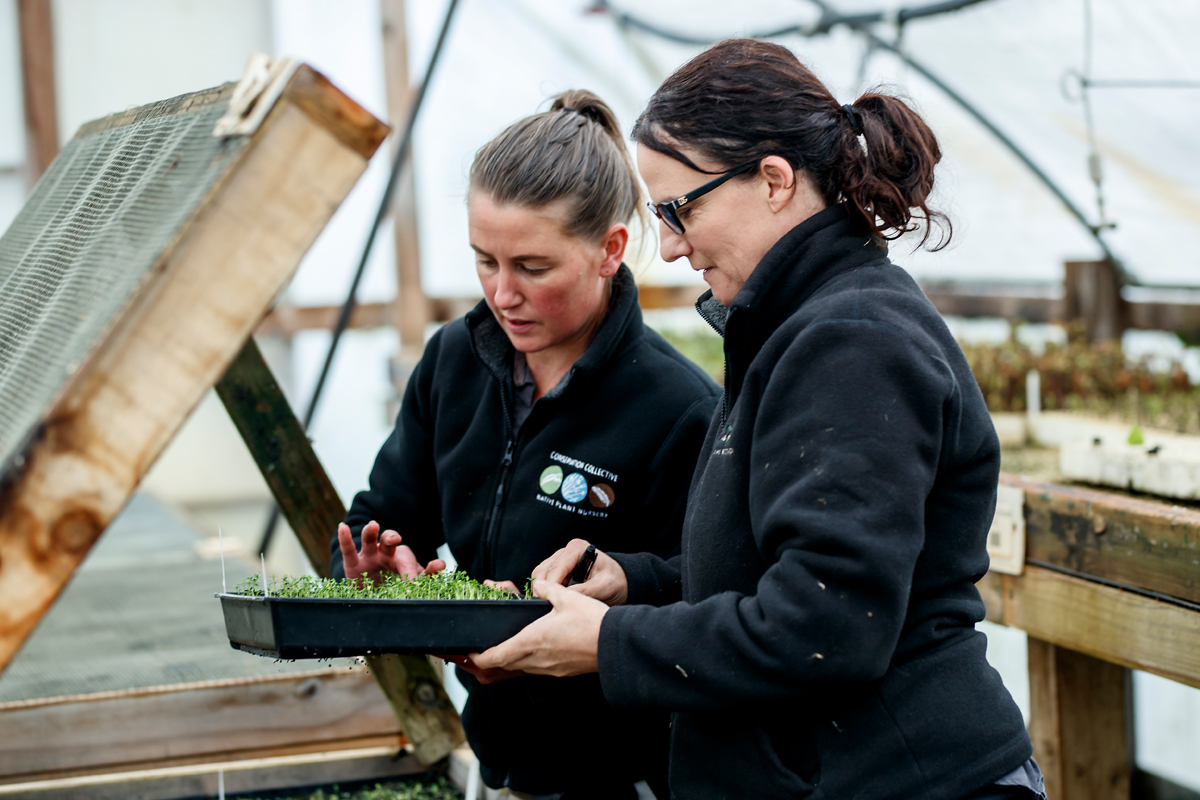
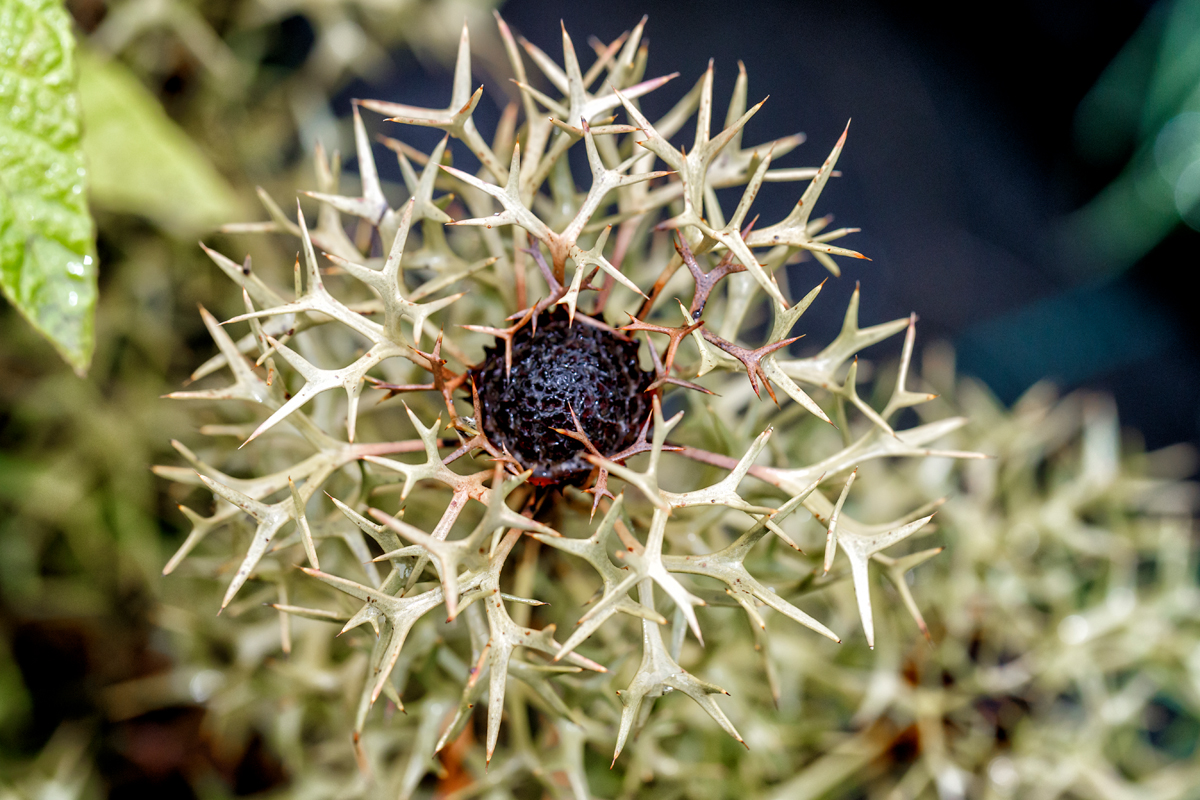
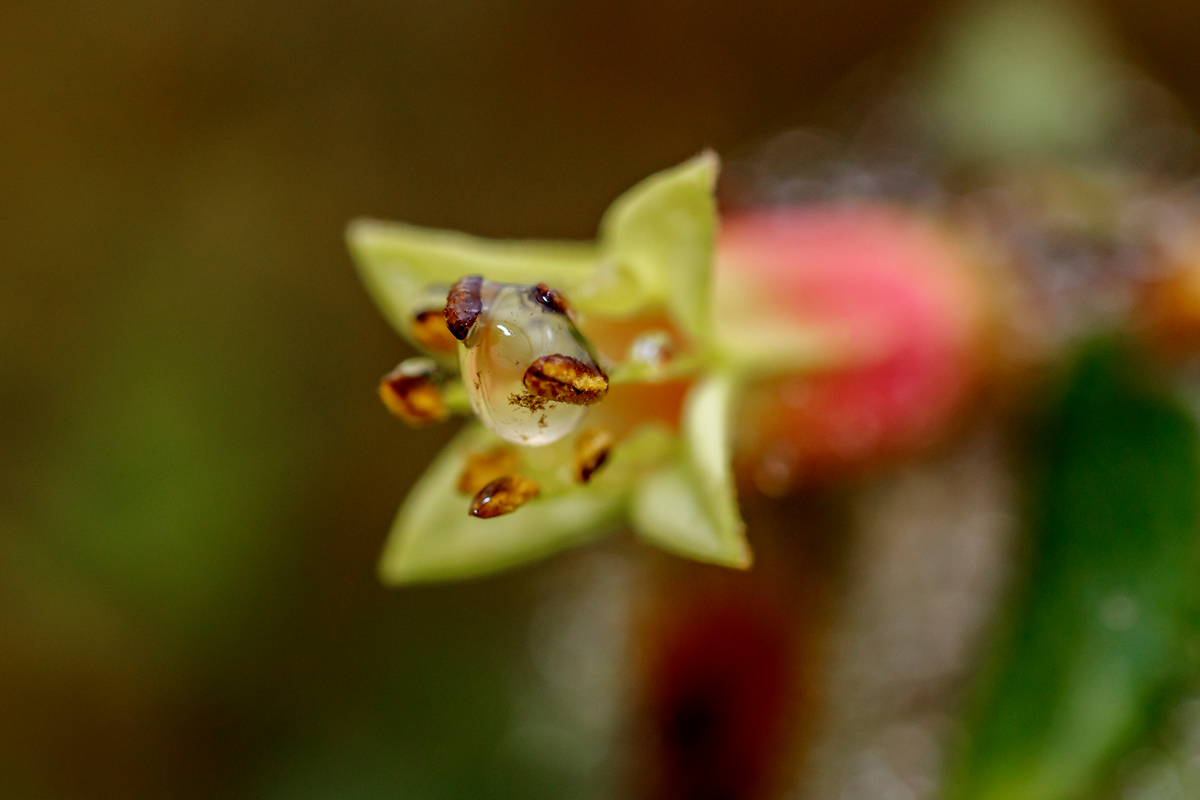
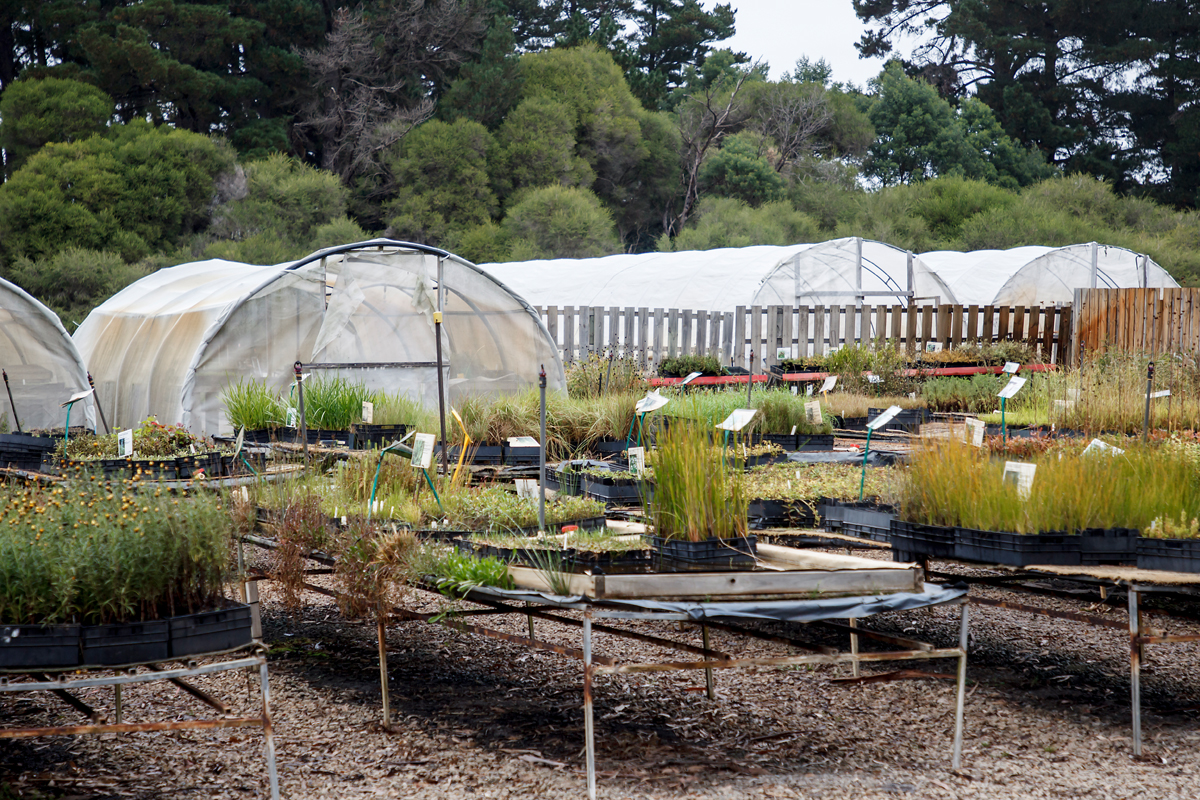
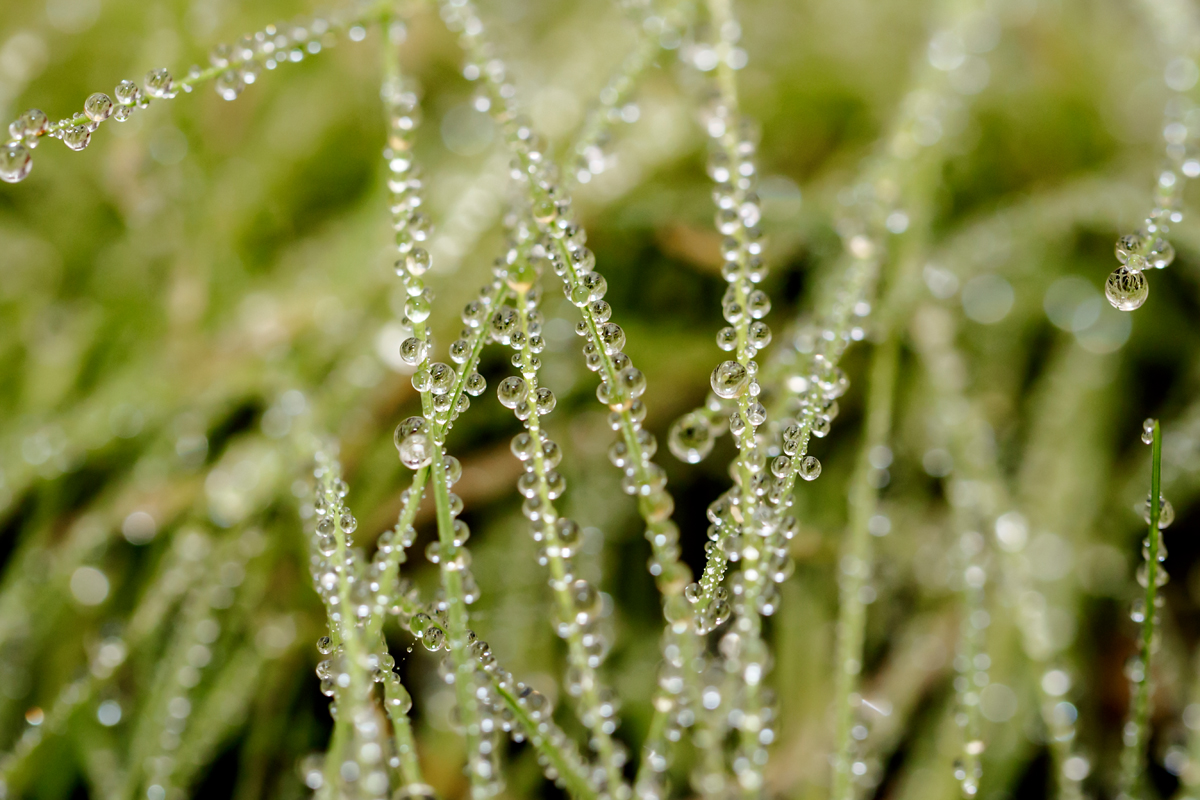
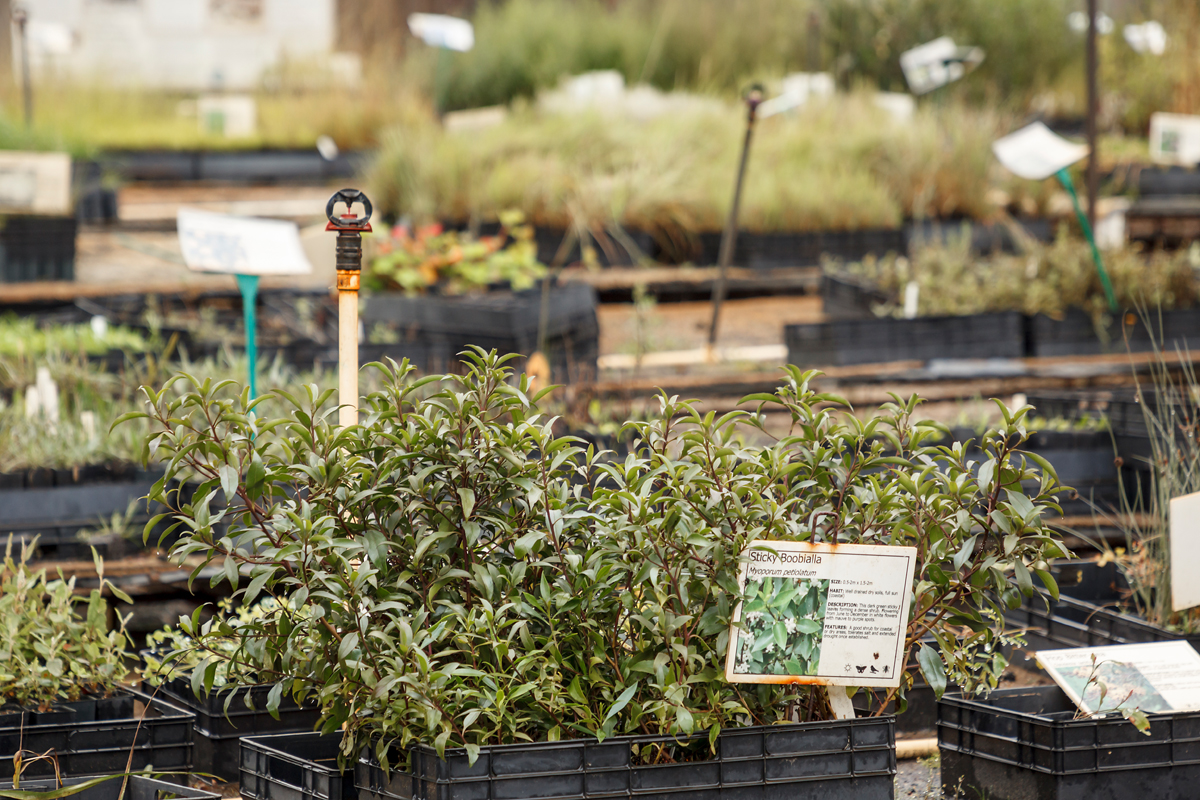
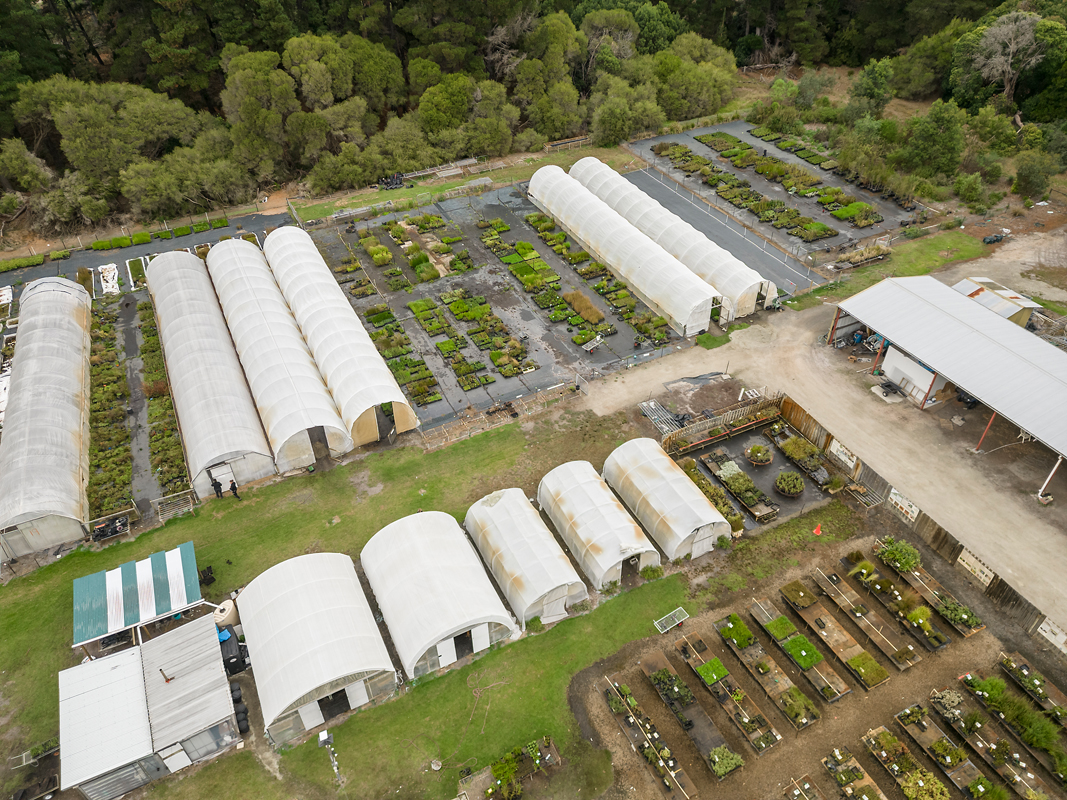
Kylie has worked in the conservation industry her whole career. She has a degree in Environmental Science (Charles Sturt University, Wagga, Wagga), a Certificate II in Conservation and Land Management (North Melbourne Institute of Technology) and a Graduate Diploma in Education (Deakin University) amongst others. She teaches Conservation and Ecosystem Management as a sessional teacher at Swinburne University and at Chisolm before that.
Growing up in Albury, rural NSW, was fundamental to Kylie’s connection to nature. She spent a lot of time outdoors as a child. Her stepdad was a science teacher, who made a point of identifying things in the natural environment. This sparked Kylie’s interest in studying science in high school. Her family also camped a lot. Being in nature was a big part of their lives.
Kylie was amazed to learn that 70% of today’s parents would have spent time in nature as children, but only 18% of their kids would have done the same. “Kids need green time instead of screen time. Being in nature provides so many benefits from boosting the immune system to improved mental health. It’s the best kind of mindfulness,” she says.
After finishing her degree, Kylie moved to St Kilda to work with Earthcare. Their slogan, ‘I do what I can where I am.’ really stuck with here. It became the driving force behind her work. A traineeship with Naturelinks, a company that specialises in bushland conservation, restoration and revegetation early in her career was so enriching, she ended up staying for ten years. “It’s so satisfying and exciting to see a restored area come back to life,” she says.
Now her own team at Conservation Collective feels that same satisfaction.
In 2004, Kylie and her then partner, started a new business called SEEDS Bushland Restoration providing weed control and restoration services predominantly for councils and Parks Victoria. Clients usually provided the plants, but SEEDS staff started growing plants in their own backyards as some species couldn’t be sourced elsewhere.
In 2016, the nursery part of SEEDs became Conservation Collective. Both businesses now operate out of the same property. Conservation Collective has been growing exponentially. It has taken a lot of time and effort to grow the plants. They now have about 350 species. Lots are grown for seed production and many are collected from wild populations.
“Peninsula residents have a vital role to play in helping maintain biodiversity. The threatened species advisory list states that 63% of native Victorian plants are threatened, but each person can help reverse that by planting any of the hundreds of indigenous plants that attract the right insects, birds and mammals native to the area,” she says. Get planting!
